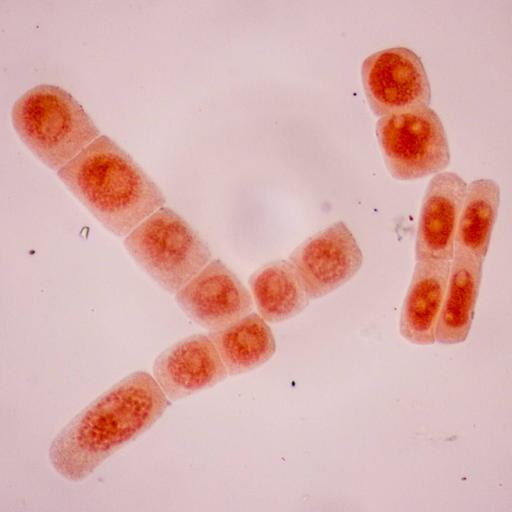Cell Cycle and Cell Death
Presentations | English
When do a Cell cycle start and Cell death occurs? A cell cycle is a series of events that takes place in a cell as it grows and divides. The cell then leaves interphase, undergoes mitosis, and completes its division. The resulting cells, known as daughter cells, each enter their interphase and begin a new round of the cell cycle. The cell cycle has different stages called G1, S, G2, and M. The cell cycle is a four-stage process in which the cell increases in size (gap 1, or G1, stage), copies its DNA (synthesis, or S, stage), prepares to divide (gap 2, or G2, stage), and divides (mitosis, or M, stage). If cells are no longer needed, they commit suicide by activating an intracellular death program. This process is therefore called programmed cell death, although it is more commonly called apoptosis. Two main types of cell death have been identified: apoptosis and necrosis. Necrosis occurs when cells are irreversibly damaged by external trauma. In contrast, apoptosis is thought to be a physiological form of cell death whereby a cell provokes its demise in response to a stimulus.

Free
PPTX (79 Slides)
Cell Cycle and Cell Death
Presentations | English
